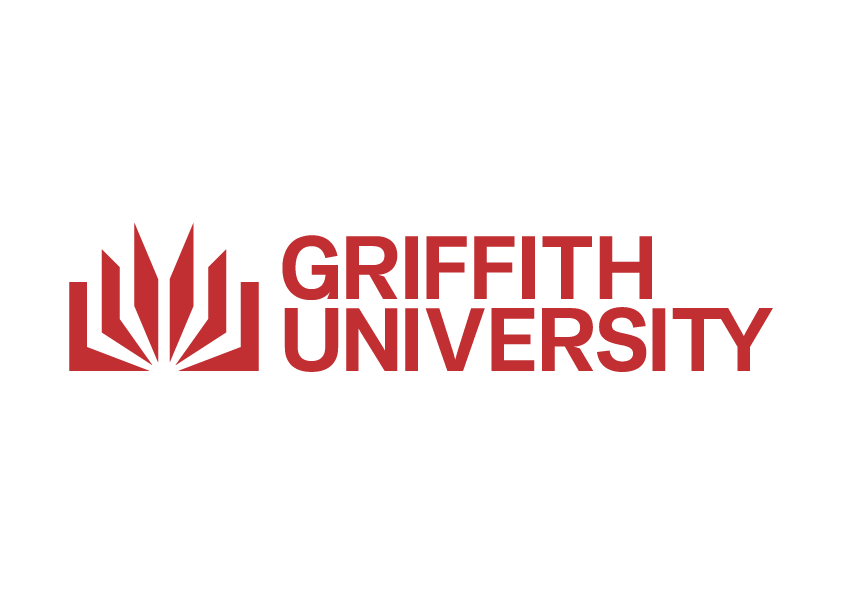
Our study abroad
programs.
Explore our study abroad experiences in Indonesia. With a variety of programs across multiple fields of study, there is something for everyone.

Explore our study abroad programs.
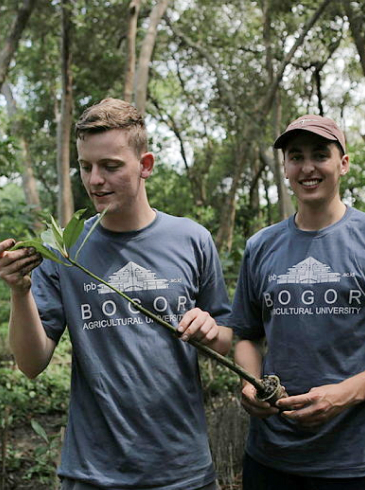
Agriculture Professional Practicum (APP)
Agriculture Professional Practicum (APP)

Creative Arts & Design Professional Practicum (CADPP)
Creative Arts & Design Professional Practicum (CADPP)
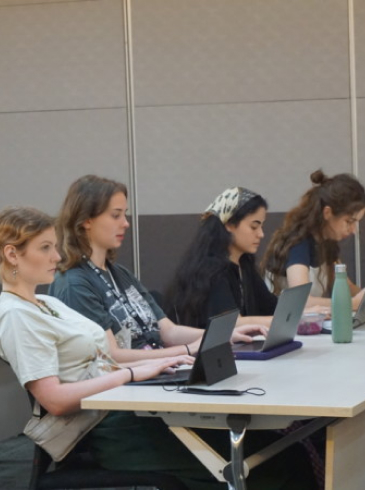
Indonesian Business, Law & Society (IBLS)
Indonesian Business, Law & Society (IBLS)

Business Professional Practicum (BPP)
Business Professional Practicum (BPP)

Sustainable Tourism Professional Practicum (STPP)
Sustainable Tourism Professional Practicum (STPP)
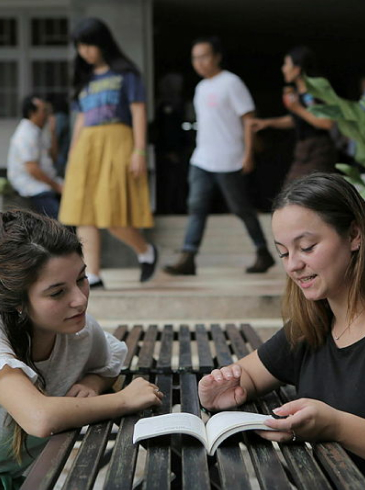
Law Professional Practicum (LPP)
Law Professional Practicum (LPP)

Development Studies Immersion Program (DSIP)
Development Studies Immersion Program (DSIP)
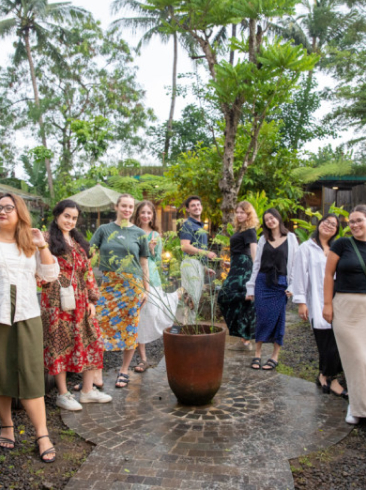
Development Studies Professional Practicum (DSPP)
Development Studies Professional Practicum (DSPP)
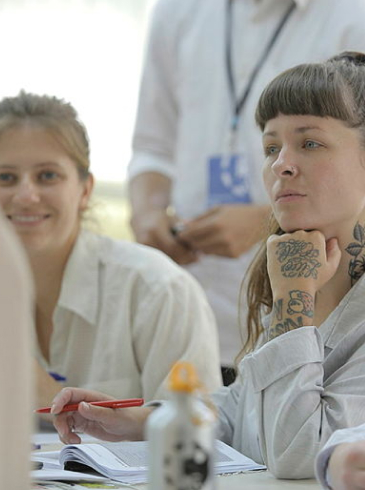
Flexible Language Immersion Program (FLIP)
Flexible Language Immersion Program (FLIP)
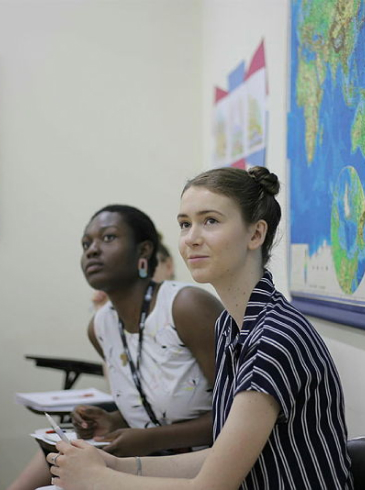
International Relations Program (IRP)
International Relations Program (IRP)
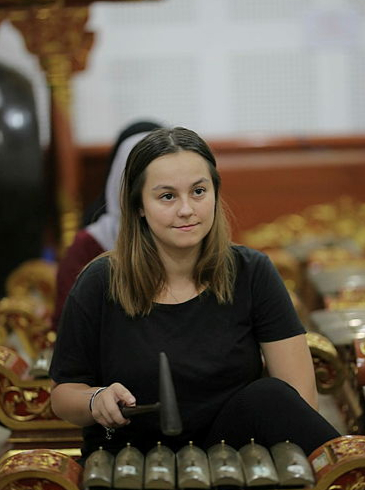
West Java Field Study (WJFS)
West Java Field Study (WJFS)
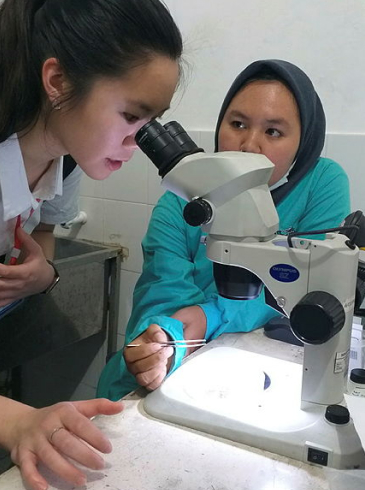
Public Health Study Tour (PHST)
Public Health Study Tour (PHST)
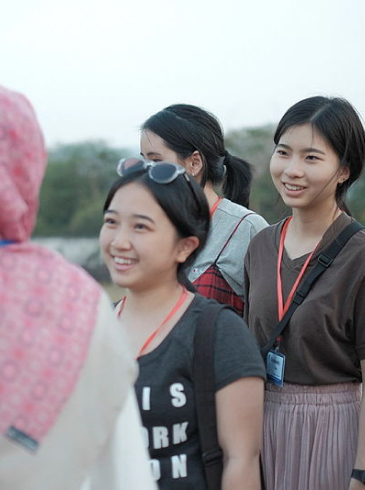
Indonesian Language Short Course (ILSC)
Indonesian Language Short Course (ILSC)

Journalism Professional Practicum (JPP)
Journalism Professional Practicum (JPP)
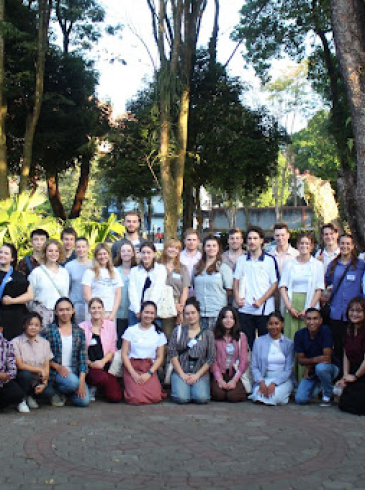
Indonesian School Tours
Indonesian School Tours
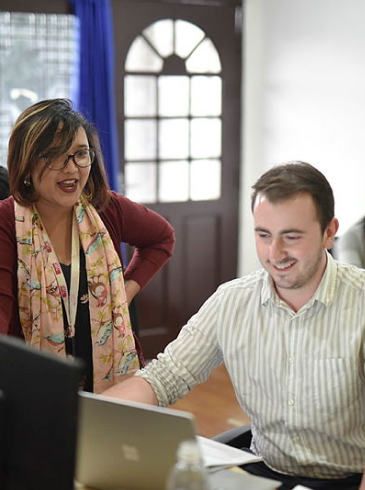
Custom Services
Custom Services
Need funding?
If you’re looking for a way to fund your study abroad, there are a range of funding options available to students.
One of these initiatives is the New Colombo Plan (NCP) Mobility Program which is funded by the Australian Government. This initiative aims to increase knowledge of the Indo-Pacific in Australia by empowering undergraduate students like yourself to study, learn, and complete placements in stunning places like Indonesia. There are grants available ranging from $3,000 to $10,000.
If you are eligible for the New Colombo Plan funding, you can use it for our science and agriculture programs. Depending on your state and university, you may be eligible for other types of funding that can also be used when you study abroad with us.
See if you’re eligible for the New Colombo Plan today, or explore other funding options.
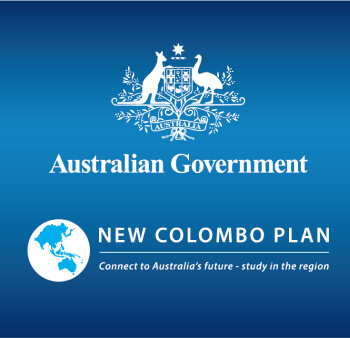
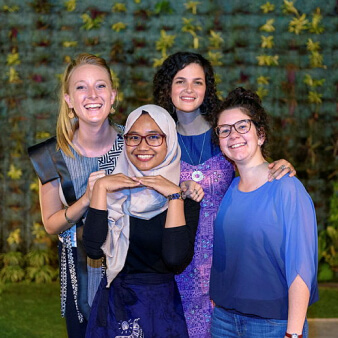
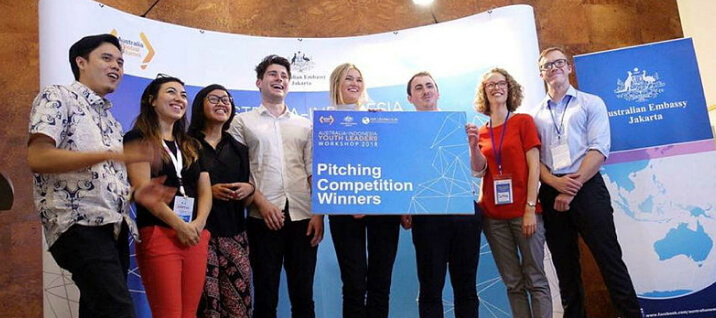
Our member universities.
We work with over 20 universities worldwide to elevate student experiences and broaden your overseas study opportunities.
Frequently asked questions.
What types of study abroad programs does Acicis offer?
We offer a range of study abroad programs in various disciplines for participants to choose from. Our programs can be categorised as:
- Semester programs,
- Short-term programs; and
- Internship/Professional Placement
How much do Acicis programs cost?
Acicis programs differ in price depending on program type. Acicis prices are generally comprised of administration, student visa, and tuition fees. Price breakdowns of each course can be found on their respective program page.
Can I earn credit toward my degree through Acicis programs?
You sure can! Acicis programs have been designed to meet credit requirements. While we do provide our recommended credit equivalent, your home university will determine the total credit you receive from your Acicis participation.
Are there any requirements or prerequisites to be selected for a program?
We take a holistic approach to application vetting and because of this, we do not have entry requirements for our programs. If you are in good academic standing and submit a strong application, you are likely to be selected for the program. In some cases, ACICIS may request to interview you before deciding on the outcome of your application. It is important to note that your university may have unique entry requirements, so you must also check with them to see if you are eligible.
Do I need to speak Bahasa Indonesia to do an Acicis program?
No, you don’t need to speak Bahasa Indonesia to participate in Acicis programs, with the majority of our programs offered in English.
All Acicis programs include a Bahasa Indonesia study component to encourage cultural immersion. All language levels are available from complete beginner to advanced.
Can family members come to Indonesia with me?
They sure can! We have had many Acicis participants in the past bring along children and spouses when they study abroad in Indonesia. You will need to contact the Acicis Secretariat to request a family member application package and submit this by the application deadline for your program. This will ensure that we can also help out in obtaining appropriate visas for your family members.
When will I find out about the outcome of my application?
Outcome of application notifications are sent via email approximately one month after the application deadline.
